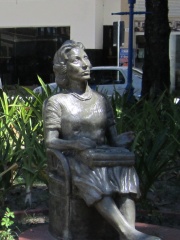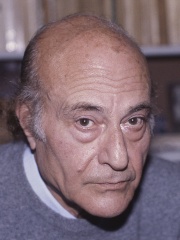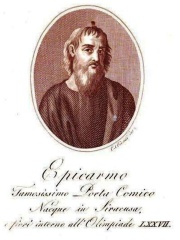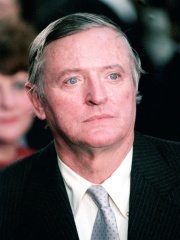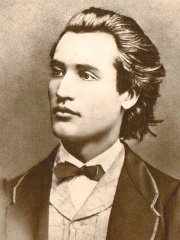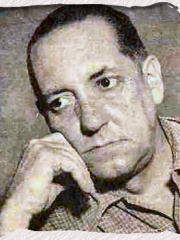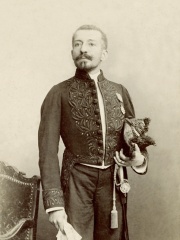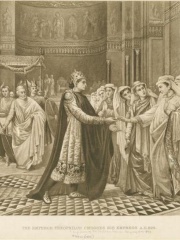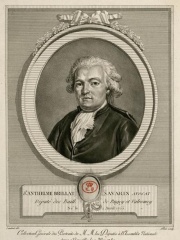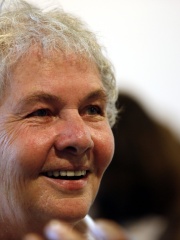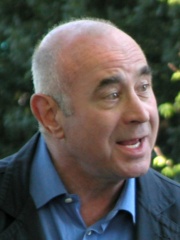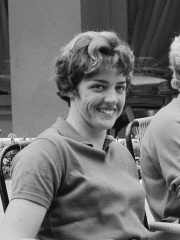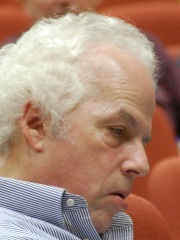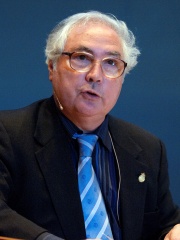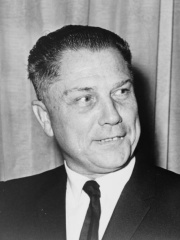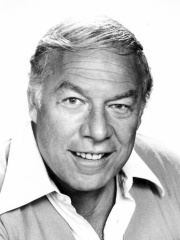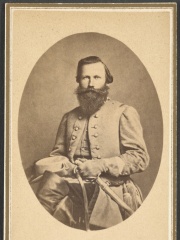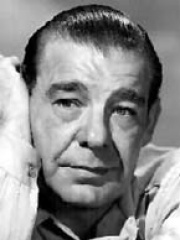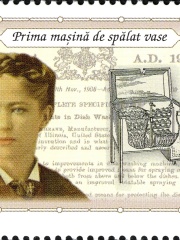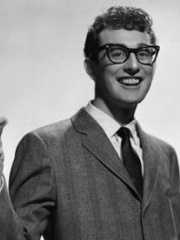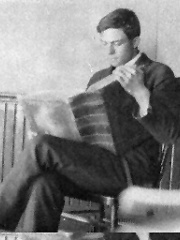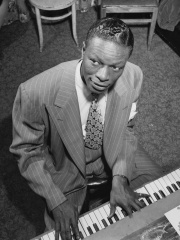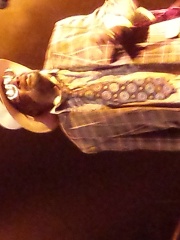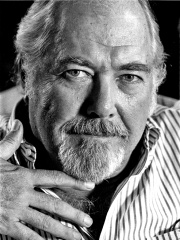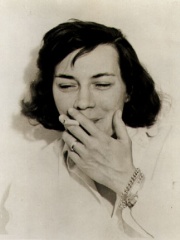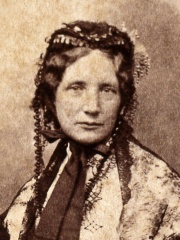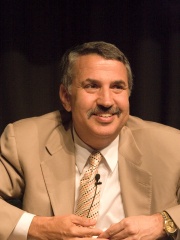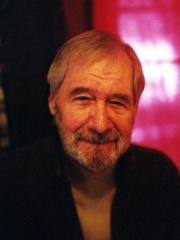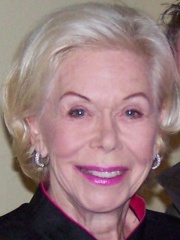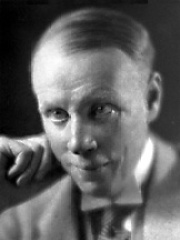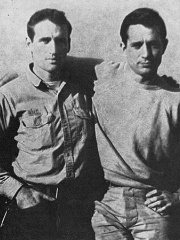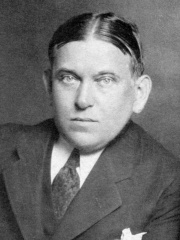Writer
John Irving
1942 - today
EN.WIKIPEDIA PAGE VIEWS (PV)

 John Irving
John Irving
His biography is available in 45 different languages on Wikipedia (up from 44 in 2024). John Irving is the 714th most popular writer (down from 606th in 2024), the 927th most popular biography from United States (down from 619th in 2019) and the 74th most popular American Writer.
John Irving is a novelist who is most famous for his novels "The World According to Garp" and "A Prayer for Owen Meany."
Memorability Metrics
Page views of John Irving by language
Among Writers
Among writers, John Irving ranks 714 out of 7,302. Before him are Patrick White, Abdulrazak Gurnah, Clarice Lispector, Odysseas Elytis, Epicharmus of Kos, and William F. Buckley Jr.. After him are Mihai Eminescu, Alejo Carpentier, Pierre Loti, Kassia, Marie de France, and Jean Anthelme Brillat-Savarin.
Most Popular Writers in Wikipedia
Go to all RankingsPatrick White
1912 - 1990
HPI: 70.59
Rank: 708
Abdulrazak Gurnah
1948 - Present
HPI: 70.58
Rank: 709
Clarice Lispector
1920 - 1977
HPI: 70.58
Rank: 710
Odysseas Elytis
1911 - 1996
HPI: 70.55
Rank: 711
Epicharmus of Kos
524 BC - 435 BC
HPI: 70.55
Rank: 712
William F. Buckley Jr.
1925 - 2008
HPI: 70.54
Rank: 713
John Irving
1942 - Present
HPI: 70.53
Rank: 714
Mihai Eminescu
1850 - 1889
HPI: 70.52
Rank: 715
Alejo Carpentier
1904 - 1980
HPI: 70.51
Rank: 716
Pierre Loti
1850 - 1923
HPI: 70.48
Rank: 717
Kassia
810 - 865
HPI: 70.48
Rank: 718
Marie de France
1101 - 1300
HPI: 70.43
Rank: 719
Jean Anthelme Brillat-Savarin
1755 - 1826
HPI: 70.41
Rank: 720
Contemporaries
Among people born in 1942, John Irving ranks 59. Before him are The Iron Sheik, George Vella, Christiane Nüsslein-Volhard, Conrad Schumann, Wen Jiabao, and Bob Hoskins. After him are Margaret Court, Thabo Mbeki, Walter Hill, Michael Bloomberg, Stanley B. Prusiner, and Manuel Castells.
Others Born in 1942
Go to all RankingsThe Iron Sheik
WRESTLER
1942 - 2023
HPI: 71.31
Rank: 53
George Vella
POLITICIAN
1942 - Present
HPI: 71.23
Rank: 54
Christiane Nüsslein-Volhard
BIOLOGIST
1942 - Present
HPI: 70.90
Rank: 55
Conrad Schumann
RELIGIOUS FIGURE
1942 - 1998
HPI: 70.88
Rank: 56
Wen Jiabao
POLITICIAN
1942 - Present
HPI: 70.76
Rank: 57
Bob Hoskins
ACTOR
1942 - 2014
HPI: 70.73
Rank: 58
John Irving
WRITER
1942 - Present
HPI: 70.53
Rank: 59
Margaret Court
TENNIS PLAYER
1942 - Present
HPI: 70.53
Rank: 60
Thabo Mbeki
POLITICIAN
1942 - Present
HPI: 70.52
Rank: 61
Walter Hill
FILM DIRECTOR
1942 - Present
HPI: 70.42
Rank: 62
Michael Bloomberg
POLITICIAN
1942 - Present
HPI: 70.42
Rank: 63
Stanley B. Prusiner
BIOLOGIST
1942 - Present
HPI: 70.20
Rank: 64
Manuel Castells
SOCIOLOGIST
1942 - Present
HPI: 70.08
Rank: 65
In United States
Among people born in United States, John Irving ranks 927 out of NaN. Before him are Alan Shepard (1923), Jimmy Hoffa (1913), William F. Buckley Jr. (1925), George Kennedy (1925), J. E. B. Stuart (1833), and Lon Chaney Jr. (1906). After him are Josephine Cochrane (1839), Buddy Holly (1936), Milton H. Erickson (1901), Nat King Cole (1919), George Clinton (1941), and Robert Altman (1925).
Others born in United States
Go to all RankingsAlan Shepard
ASTRONAUT
1923 - 1998
HPI: 70.55
Rank: 921
Jimmy Hoffa
SOCIAL ACTIVIST
1913 - 1975
HPI: 70.54
Rank: 922
William F. Buckley Jr.
WRITER
1925 - 2008
HPI: 70.54
Rank: 923
George Kennedy
ACTOR
1925 - 2016
HPI: 70.54
Rank: 924
J. E. B. Stuart
MILITARY PERSONNEL
1833 - 1864
HPI: 70.53
Rank: 925
Lon Chaney Jr.
ACTOR
1906 - 1973
HPI: 70.53
Rank: 926
John Irving
WRITER
1942 - Present
HPI: 70.53
Rank: 927
Josephine Cochrane
INVENTOR
1839 - 1913
HPI: 70.52
Rank: 928
Buddy Holly
MUSICIAN
1936 - 1959
HPI: 70.51
Rank: 929
Milton H. Erickson
PSYCHOLOGIST
1901 - 1980
HPI: 70.50
Rank: 930
Nat King Cole
MUSICIAN
1919 - 1965
HPI: 70.50
Rank: 931
George Clinton
SINGER
1941 - Present
HPI: 70.49
Rank: 932
Robert Altman
FILM DIRECTOR
1925 - 2006
HPI: 70.47
Rank: 933
Among Writers In United States
Among writers born in United States, John Irving ranks 74. Before him are Patricia Highsmith (1921), Allen Ginsberg (1926), Harriet Beecher Stowe (1811), Alvin Toffler (1928), Thomas Friedman (1953), and William F. Buckley Jr. (1925). After him are Ed McBain (1926), Louise Hay (1926), Sinclair Lewis (1885), Neal Cassady (1926), H. L. Mencken (1880), and Marilyn vos Savant (1946).
Patricia Highsmith
1921 - 1995
HPI: 71.31
Rank: 68
Allen Ginsberg
1926 - 1997
HPI: 71.18
Rank: 69
Harriet Beecher Stowe
1811 - 1896
HPI: 71.01
Rank: 70
Alvin Toffler
1928 - 2016
HPI: 70.97
Rank: 71
Thomas Friedman
1953 - Present
HPI: 70.66
Rank: 72
William F. Buckley Jr.
1925 - 2008
HPI: 70.54
Rank: 73
John Irving
1942 - Present
HPI: 70.53
Rank: 74
Ed McBain
1926 - 2005
HPI: 70.39
Rank: 75
Louise Hay
1926 - 2017
HPI: 70.28
Rank: 76
Sinclair Lewis
1885 - 1951
HPI: 70.21
Rank: 77
Neal Cassady
1926 - 1968
HPI: 69.94
Rank: 78
H. L. Mencken
1880 - 1956
HPI: 69.80
Rank: 79
Marilyn vos Savant
1946 - Present
HPI: 69.58
Rank: 80


